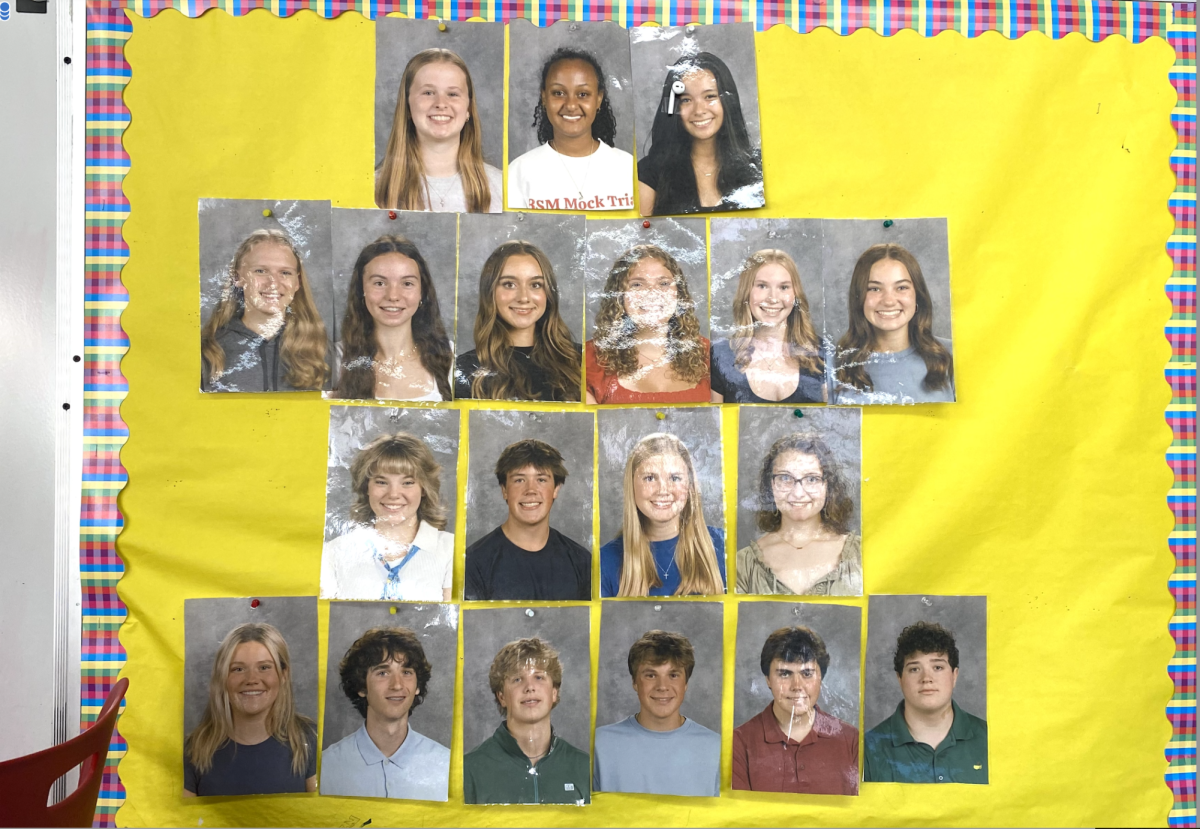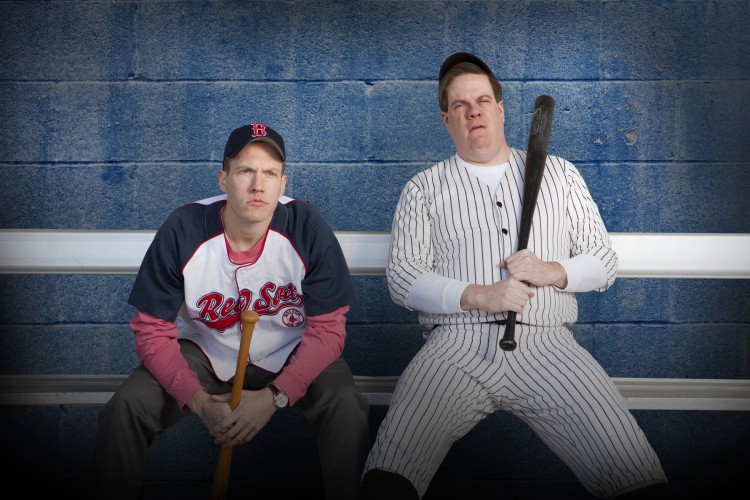Park Square Theatre brings “Johnny Baseball,” a new musical about the infamous Red Sox curse, to the Twin Cities stage in its regional premiere, playing from January 18 to February 10. Although the show has been in development for eight years, it fails to tell a coherent and entertaining story all the way through.
In “Johnny Baseball,” an old-timer at a 2004 Red Sox game begins to tell the crowd about the true nature of the Red Sox’s curse, commonly believed to stem from trading Babe Ruth to the Yankees in 1919. He tells about Sox pitcher Johnny O’Brien (Joshua James Campbell), an underdog who rises to fame, and Daisy (Timotha Lanae), the African-American singer he falls in love with and loses due to social pressure. The second act jumps to the 1940s, where a middle-aged Johnny discovers that Daisy raised their son, Tim (Rudolph Searles III), who wants to tryout for the Sox.
With Johnny written as the stereotypically naive up-and-comer, the first act in particular becomes cliché very quickly. At times, his dialogue comes across as so basic that it feels like a parody of a rise-to-fame story. This formula sometimes gets distracting––Johnny doesn’t recognize prostitution or even the social stigma of interracial relationships until told, despite the story being set in 1919. Johnny’s backstory is also barely mentioned, giving the audience little to grab on to.
Joshua James Campbell’s theatrical talent helps to brighten his otherwise one-dimensional character with physical comedy and strong timing, especially in his interactions with Timotha Lanae. The actors’ genuine chemistry make Johnny and Daisy an endearing couple, with their strong duets providing emotional connection. From the whimsical “God Wouldn’t Mind” to the lost love lament “Mr. Moon (Reprise),” the lovers’ best moments come from their songs, especially in their later years during the second act. They also deliver individually; Johnny’s ode to baseball, “All I Have to Do,” shows off Campbell’s effortless voice while Daisy’s bluesy nightclub song, “Color Me Blue,” nearly brings down the house.
The major flaw in “Johnny Baseball” comes from its pacing. The first act is dragged down by unnecessary songs, but simultaneously rushes too fast around important plot points in the dialogue. The focus on Babe Ruth feels forced and isn’t memorable––his song “Brotherhood of Bastards” adds little to the story, leaving Babe forgotten for the rest of the show. The act feels directionless, largely because the show’s main point––the true reason for the Red Sox curse––goes unaddressed until the second act.
Thankfully, the second act paces itself far better than the first, focusing on the more interesting story of Johnny and Daisy reuniting to help their son. Lighthearted and serious scenes are more spread out, giving a sense of balance. Campbell and Lanae play the older versions of the couple more realistically, and their gentle song “I Thought About You” closes the gap between their 30 year separation seamlessly. The character of Tim really gives drive to the story and opens up questions about racism in baseball and biracial families. Plus, Rudolph Searles III displays serious acting and singing talent; “See You in the Big Leagues,” the song he shares with a young Willie Mays (Kasono Mwanza), steals the whole show.
Robert and Willie Reale, the composer and lyricist of “Johnny Baseball,” pull off energetic, catchy songs in a variety of different styles. “Eighty-Six Years” and “One More Run,” both songs for modern-day Sox fans, add comic relief and generally succeed in connecting Johnny’s story to the twenty-first century. However, certain songs disappoint or just seem off. “A Prayer” and “As Long As There’s a Chance,” both short, are set too close to larger songs and become forgotten and unnecessary. “The Game of Baseball,” the show’s all-company finale, has oddly long pauses in the melody that stagnate what would be the crescendo of the show’s finish.
Because of the rather important and serious nature of the show’s themes, including racism, father-son relationships, and biracial relationships, I was expecting to be more moved by the performance than I was. The play was so light––and, at times, cheesy––that I didn’t feel like the issues brought up were important.
Before “Johnny Baseball” can move on to critical success in New York or beyond, the musical needs to be fine-tuned in more workshops. Although plenty of potential exists, featuring catchy songs and top-notch vocalists, the plot becomes too cliché to support the show’s weight, leading to a disappointing experience.




































![Teacher Lore: Mr. Hillman [Podcast]](https://bsmknighterrant.org/wp-content/uploads/2025/03/teacherlorelogo-1200x685.png)





